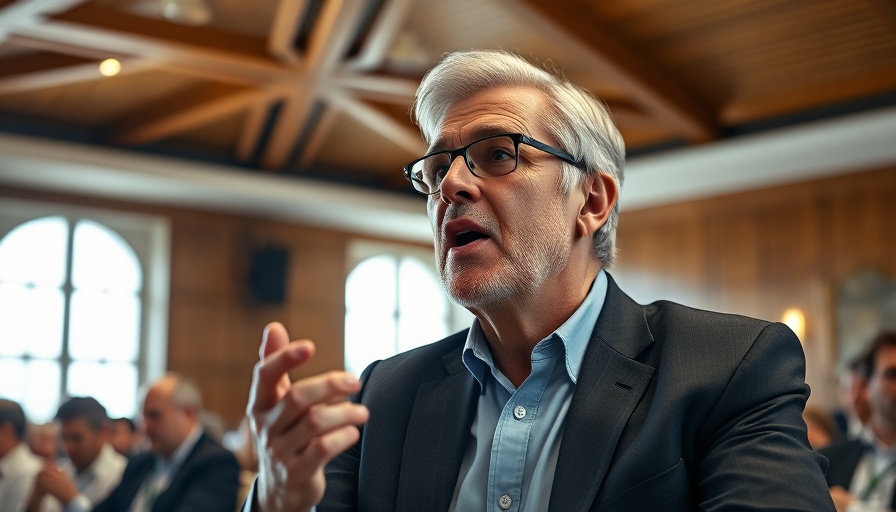
Dr. Oz's Vision for a Work-Linked Medicaid
In a recent confirmation hearing, Dr. Mehmet Oz, the nominee to head the Centers for Medicare & Medicaid Services (CMS), voiced his support for linking Medicaid eligibility to work requirements. As Republicans gear up to tighten safety-net programs, his endorsement signals a significant shift that could impact nearly 80 million enrollees. Oz articulated a belief that such requirements could foster a sense of responsibility, stating, “I believe … there’s value in work. It should be showing that you want to contribute to society.”
Understanding Medicaid Work Requirements
The notion of tying Medicaid eligibility to work, education, or community service is controversial and has met resistance in the past. While proponents argue it encourages personal responsibility and self-sufficiency, critics express concern over the practicality of its implementation. According to the Kaiser Family Foundation (KFF), most Medicaid recipients already engage in some form of work or may qualify for exemptions due to their circumstances, such as caring for a loved one or managing health issues.
Historical Context: A Twisted Path for Work Mandates
Historically, work requirements for Medicaid have faced significant legal challenges. Under the Trump administration, several states implemented such mandates, but many were struck down by courts. The only state where it has remained is Georgia, where enrollment has been sluggish despite the additional requirements. This history raises questions about the feasibility and impacts of Dr. Oz's proposed policies, which he aims to redefine inclusively to include education and volunteering as qualifying activities.
The Impact of Proposed Changes on Vulnerable Populations
As discussions on work requirements unfold, multiple perspectives must be considered. Advocates for low-income individuals emphasize that many Medicaid recipients are already working or volunteering, while others who cannot work due to health issues or family obligations might face barriers to access. This ambiguity was highlighted during Oz's hearing when Senator Raphael Warnock cited examples of individuals struggling to meet the proposed demands.
Future Implications: Protecting Essential Coverage
If confirmed, Dr. Oz's ability to navigate these changes will be consequential. Already, House Republicans are pushing to balance budgets amid financial pressures and seeking to find $880 billion savings through various strategies—including potential cuts to the Medicaid program. As Oz wades into this tumultuous arena, the questions of how best to protect vulnerable citizens—while fostering a sense of accountability—loom large.
Community Health and Wellness: A Broader Perspective
As Americans consider the implications of such policies, community health and wellness must remain at the forefront. Instead of merely creating obstacles for individuals reliant on Medicaid, the government must explore holistic approaches that prioritize health and well-being. Health and wellness encompass not only physical health but also mental and social well-being, crucial for a population that often navigates systemic barriers to care.
Moving Forward: The Path to Optimal Health and Wellness
Dr. Oz's confirmation could set the stage for broad changes in health outcomes across the U.S. His focus on health as empowerment rather than as punishment speaks to the need for nurtured community health initiatives—those that support people in achieving optimal health and wellness. By fostering environments that ensure not just economic but also health vitality, society can build a stronger safety net for all.
As these discussions progress in Congress, it is paramount for individuals and communities to stay informed and engaged in the conversation regarding health and wellness. Advocating for community health and closely monitoring the developments will be vital as Medicaid evolves with potential new requirements.
A Call to Action: Get Involved in the Health Conversation
As the landscape of healthcare and Medicaid continues to shift, your voice matters. Consider reaching out to your local representatives to express your views on Medicaid work requirements and how they may impact your community. Together, we can advocate for health and wellness initiatives that prioritize accessibility and support for all.
 Add Element
Add Element  Add Row
Add Row 




Write A Comment